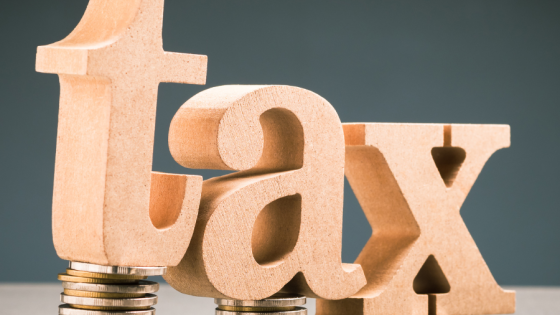Part 5 - The chain of crypto taxes
18 Nov 2021
Do I pay tax on my crypto staking, wrapping and yield farming rewards?
Categories & Tags
These types of activity are treated as earning passive income, upon which you might need to pay Income Tax.
The rise of DeFi protocols and tokens, and crypto certificates of deposit, has opened up a whole new world for individuals to earn passive income by staking, wrapping and yield farming their crypto. The introduction of this type of yield generation rewards holders (or better known as HODLers) by passing a proportion of the DeFi protocol tax to everyone who has held or staked their crypto, or in the case of yield farming, loaned their crypto to a liquidity pool. The protocol tax is usually generated from buy/sell/swap transactions of the DeFi token(s) within the protocol itself.
In HODLing and staking terms, rewards in the same native token are known as ‘reflections’. The DeFi token can be ‘held’ by means of staking; that is, your tokens are removed from the protocol and sent to a burn address, until your end of stake. Your reward is for your contribution to the DeFi protocol and token success, as by staking, you are unable to trade, which therefore results in a far more stable market, more attractive tokenomics for investors, and a token price that should be less volatile. Staking often results in extra rewards in different crypto, for instance you may earn eth, bnb or btc in addition to the reflections. It also allows investors to earn mouth-watering yields, as with no banks or middlemen, there are no costs and a lot more profit to be shared. There are already some very successful certificate of deposit protocols, with HEX (www.hex.com) leading the way.
Passive income can be earned in other ways, such a wrapping your crypto and yield farming, but in all instances your profits will be treated as miscellaneous income on your tax return. When calculating your taxable miscellaneous income, it is possible to deduct your gas fees and any other associated costs of that particular crypto activity.
Passive income is mostly paid in the form of more of the same DeFi token, but could be in the form of NFTs or airdropped altcoins. When disposed of, you will also be required to pay CGT on the earned crypto. The base cost for these transactions are:
• the value of the rewards you received when un-staking or at the end of stake date
• the value of the airdropped rewards on the day received
• the value of the rewards you receive when you call-back your crypto from the liquidity pool or extract the rewards from the protocol.
It’s important for a record of this to be retained for future disposals.
News & Resources

File and paying CGT after property sales

Struggling to fund your July tax payment?

Tax returns for a deceased taxpayer

What if you no longer need to submit a tax return

Claiming for uniforms, work clothing and tools

When do the higher rates of Income Tax apply

Who must send in a tax return


